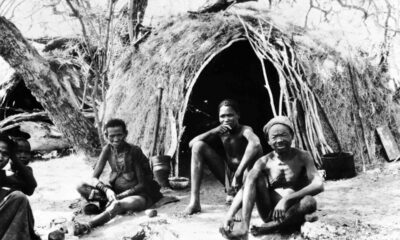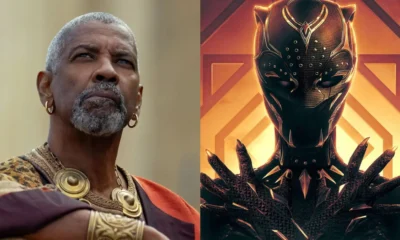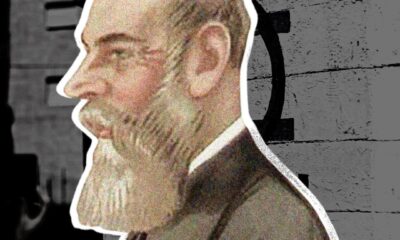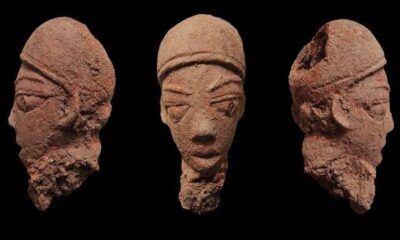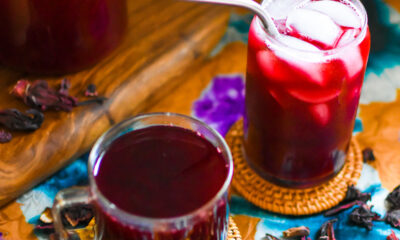The Banyankole are a large tribe located in the western districts of South Sudan. They are known for their traditions and culture, one of which is the desire for a perfect marriage. This desire is taken to the extreme, with some families going to great lengths as to let the bride’s aunt sleep with the groom just to test-run his bedroom skills.
This tribe, also known as the Ankole people, esteem the significance of virginity. In their culture, a young woman is expected to remain sexually pure. In return, a potential groom must also have exceptional prowess in the bedroom to ensure full satisfaction of the bride. Such responsibility to determine the sexual prowess of the groom falls on the bride’s knowledgeable aunt.
This duty is entrusted to the aunt from an early age, typically when a young girl reaches the tender age of eight. With great care and diligence, the aunt begins the grooming process, preparing the young girl for her future marriage.
It is believed that once the girl develops her womanly curves, she is to remain chaste until the significant occasion of her wedding night. Failure to adhere to this strict decree can result in severe social exclusion, and in some cases, the ultimate penalty – death.
Beauty too, holds an important role within this tribe. The Banyankole tribe perceived being soft, curved, and sexually attractive as a sign of allure, causing young girls to be hidden indoors. There, they are pampered with sumptuous feasts comprising beef, millet porridge, and large amounts of milk. This is done with the intent of enriching their fatness to match the tribe’s ideas of attractiveness.
The aunt’s responsibilities extend far beyond just guardianship. The aunt is also obligated with the duty of both finding out the groom’s sexual prowess and educating the bride-to-be on her future husband’s sexual capabilities. The aunt skillfully measures the groom’s sexual prowess by having sex with him, ensuring the groom possesses the necessary skills to satisfy his wife’s desires.
This act comes before the groom is allowed to wed his wife. The groom pays the bride’s family, and then there are celebrations and a feast. After the feast, the couple then consummate their marriage with the bride’s aunt present as a witness to help the couple improve their sex life.
This tradition shows the importance of virtue and family values in the Banyankole tribe. The Banyankole people have a rich history that combines love, desire, and tradition. It is a fascinating journey for the aunt, bride, and groom in this Ugandan tribe.
While this ancient tradition may perplex and amaze those unfamiliar with its customs, it reveals the importance accorded to virtue within the Banyankole tribe. The depths of their commitment to upholding and cherishing the purity of their womenfolk underscore the significance they place on the union of two souls.
With the uniqueness of this tribe, you would ask:
Where is Banyankole tribe?
The Banyankole tribe are the second largest ethnic group in Uganda, after the Baganda, the strongest tribe. The tribe are predominantly found in the western part of Uganda, in the districts of Mbarara, Bushenyi, and Ntungamo.
What is the origin of Banyankole tribe?
The tribe originated from the combination of two main ethnic groups: the Bairu and the Bahima, with Bairu as the majority group who are Bantu agriculturists, and Bahima as the minority group who are Nilotic pastoralists. The Bairu is believed to have arrived in Ankole long before the Bahima.
The Bairu and the Bahima have a long history of interaction and conflict. The Bahima were traditionally the dominant group, and they ruled the Bairu as serfs. However, the Bairu have become increasingly assertive in recent years, and they are now playing a more equal role in Ankole society.
Despite their differences, the Bairu and the Bahima are united by their common identity as Banyankole. They share a common language, Runyankole, and they have a common history and culture. The Bairu and the Bahima are working together to build a better future for their people.
What are Banyankole known for?
The Banyankole people were known for their long-horned cattle. This breed is a type of humped cattle found in Africa. They are known for their long, curved horns, which can grow up to 6 feet long. The Mugabe, or king, was an absolute ruler and claimed all the cattle in the kingdom as a way to assert his power and authority.
The Banyankole cattle are an important part of their economy. They were used for milk, meat, and hides. They were also used as a form of currency and as a way to display wealth and status.
What is the religion of the Banyankole tribe?
Christianity is the dominant religion among the Banyankole tribe, with over 80% of the population identifying as Christian. The Roman Catholic Church and the Church of Uganda are the two largest Christian denominations among the Banyankole.
Prior to the arrival of Christianity, the Banyankole were animists, who believed in a variety of spirits and gods. They also practised traditional rituals and ceremonies. However, Christianity began to spread among the Banyankole in the 19th century, and it has since become the dominant religion.
Regardless of the Christianity that came to them, there are still some elements of the traditional Banyankole religion that persist, even among Christians. For example, many Banyankole still believe in the power of traditional healers and diviners.
Despite all, Christianity has had a positive impact on Banyankole culture. It has helped to promote education, development, and social harmony.
Who is the god of Banyankole?
Ruhanga is the supreme god in the traditional Banyankole religion. He is believed to be the creator of the world and all living things. Ruhanga is also believed to be a benevolent god who watches over his people and protects them from harm.
The Banyankole believed that Ruhanga could be communicated with through prayer and sacrifice. They also believed that Ruhanga could punish those who disobeyed him.
The Christian missionary movement in the 19th century had a significant impact on the Banyankole religion. Many Banyankole converted to Christianity, and the traditional religion began to decline. However, some traditional acts still remain.
If you like more posts on indigenous African arts and culture, check out our “Arts and Culture” page here.

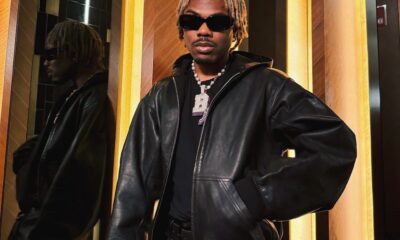
 MUSIC5 days ago
MUSIC5 days ago
 LIFESTYLE6 days ago
LIFESTYLE6 days ago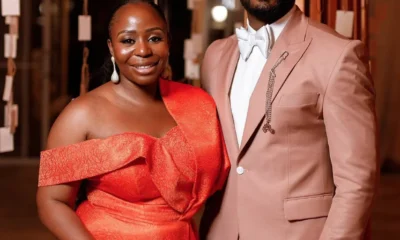
 ENTERTAINMENT6 days ago
ENTERTAINMENT6 days ago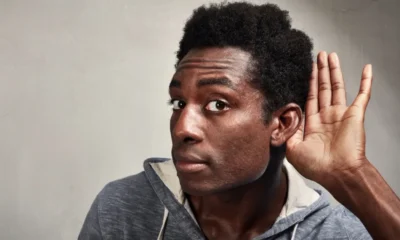
 LIFESTYLE6 days ago
LIFESTYLE6 days ago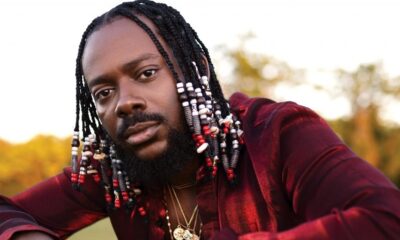
 ENTERTAINMENT6 days ago
ENTERTAINMENT6 days ago
 ENTERTAINMENT5 days ago
ENTERTAINMENT5 days ago
 MOVIES5 days ago
MOVIES5 days ago
 SPORTS5 days ago
SPORTS5 days ago



